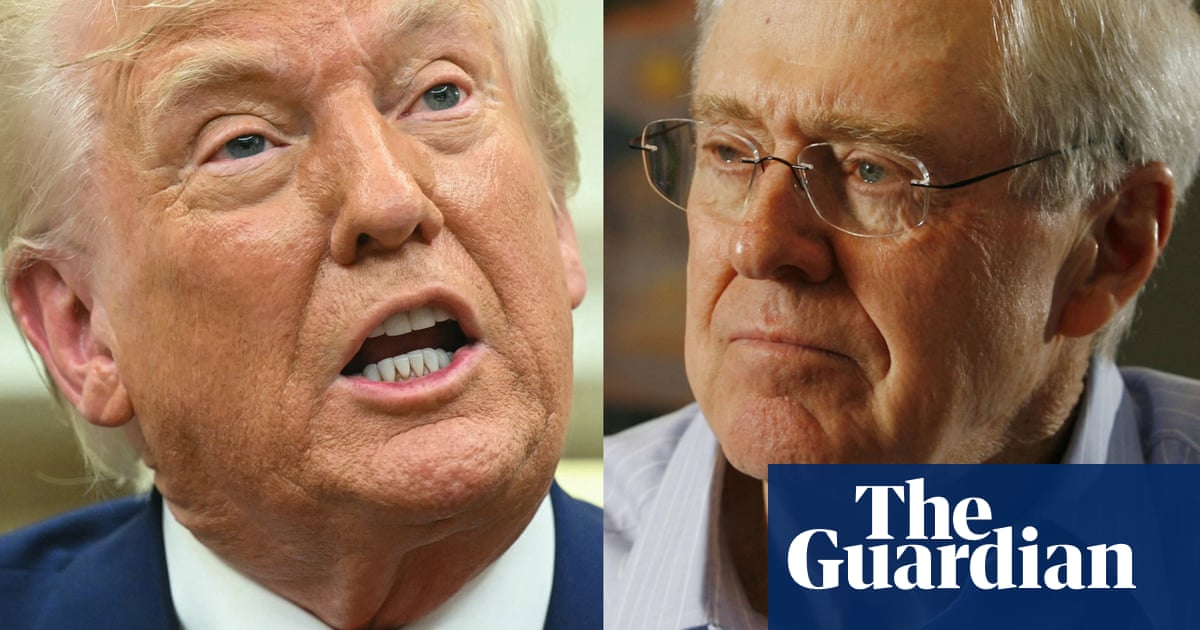The government of South Sudan said on Monday that an individual at the centre of a deportation row with the US, which South Sudan refused to allow into the country at the weekend, is a citizen of neighbouring Democratic Republic of Congo (DRC).
South Sudan said the individual was a man named Makula Kintu, not Nimeiri Garang, as his paperwork claimed and had been using travel documents which were not his. “In accordance with our immigration protocols, we returned him to the sending country for further processing,” the foreign ministry spokesperson, Apuk Ayuel Mayen, said.
Footage released by the authorities in South Sudan’s capital, Juba, showed a man speaking to immigration authorities at Juba international airport, saying he was born in North Kivu, in the eastern DRC. He identified himself as Kintu and said he had been deported from the US against his will.
On Sunday, the US announced that it had revoked the visas of all South Sudanese passport holders in reaction to the refusal by immigration authorities at Juba international airport to repatriate the man, accusing the east African country of “taking advantage of the United States”.
Mayen, the foreign ministry spokesperson, said that South Sudan “deeply regrets” the blanket measure against all of the country’s citizens based on “an isolated incident involving misrepresentation by an individual who is not a South Sudanese national”.
She added that the government of South Sudan was open to receiving its citizens, whether they voluntarily leave the US or are deported, and had maintained open communication with the US, despite claims by Washington that it had been rebuffed.
Trump administration officials have said the individual’s documents were verified by South Sudan’s embassy in Washington DC and that South Sudan had “violated” its obligation “by refusing to accept one of their nationals certified by their own embassy in Washington and repatriated to their country”.
In a post on social media, the US deputy secretary of state, Chris Landau, said: “Specifically, on February 13, 2025, the South Sudanese Embassy issued the individual an emergency travel letter certifying his nationality as South Sudanese and giving his date and place of birth (in what is now South Sudan, which then was part of Sudan).”
Landau added that it was “unacceptable and irresponsible” for South Sudanese authorities to then reject a decision made by their embassy and “as far as we’re concerned, the Embassy’s certification is conclusive and the matter is closed”.
Marco Rubio, the US secretary of state, said a visa and entry ban for South Sudanese citizens would go into immediate effect and would be reviewed once South Sudan, in the US government’s eyes, began cooperating again.
Jok Madut Jok, an academic specialising in South Sudan at Syracuse University, in upstate New York, said if the mistake was made at South Sudan’s Washington embassy, that doesn’t “get the US off the hook for this measure”. “On humanitarian grounds, this needs to be rolled back because it is too broad,” he said, adding that many people attempting to come to the US could be refugees fleeing conflict.
South Sudanese passport holders have enjoyed “temporary protected status” (TPS) in the US since 2011 which affords them legal protections against deportation due to instability and fighting in their country of origin. The Department of Homeland Security believes 133 people from South Sudan were on the US TPS programme last year.
Donald Trump wanted to end TPS during his first term and the US president has attempted to do so again, targeting nationals from Nicaragua, Haiti, Venezuela and Cuba.
TPS was renewed for South Sudanese nationals last September but is set to expire in May, which comes as South Sudan faces an escalating risk of renewed fighting by leaders from its two largest ethnic groups.
South Sudan, the world’s youngest country, gained independence from Sudan in 2011, and has since struggled with armed conflict and poverty. Between 2013 and 2018, fighting between factions loyal to the current president, Salva Kiir Mayardit, and his vice-president, Riek Machar, killed nearly 400,000 people.
Alexandra Ribe, an immigration attorney who specialises in humanitarian issues, said it is too early to tell what impact the measure would have on South Sudanese in the US as it was not clear what enforcement action immigration authorities would take, but described it as “punitive”.
Ribe said the measure would “send a chill down the spines of nationals from the targeted country who have nothing to do with the issue at hand”.

.png) 5 hours ago
1
5 hours ago
1













































